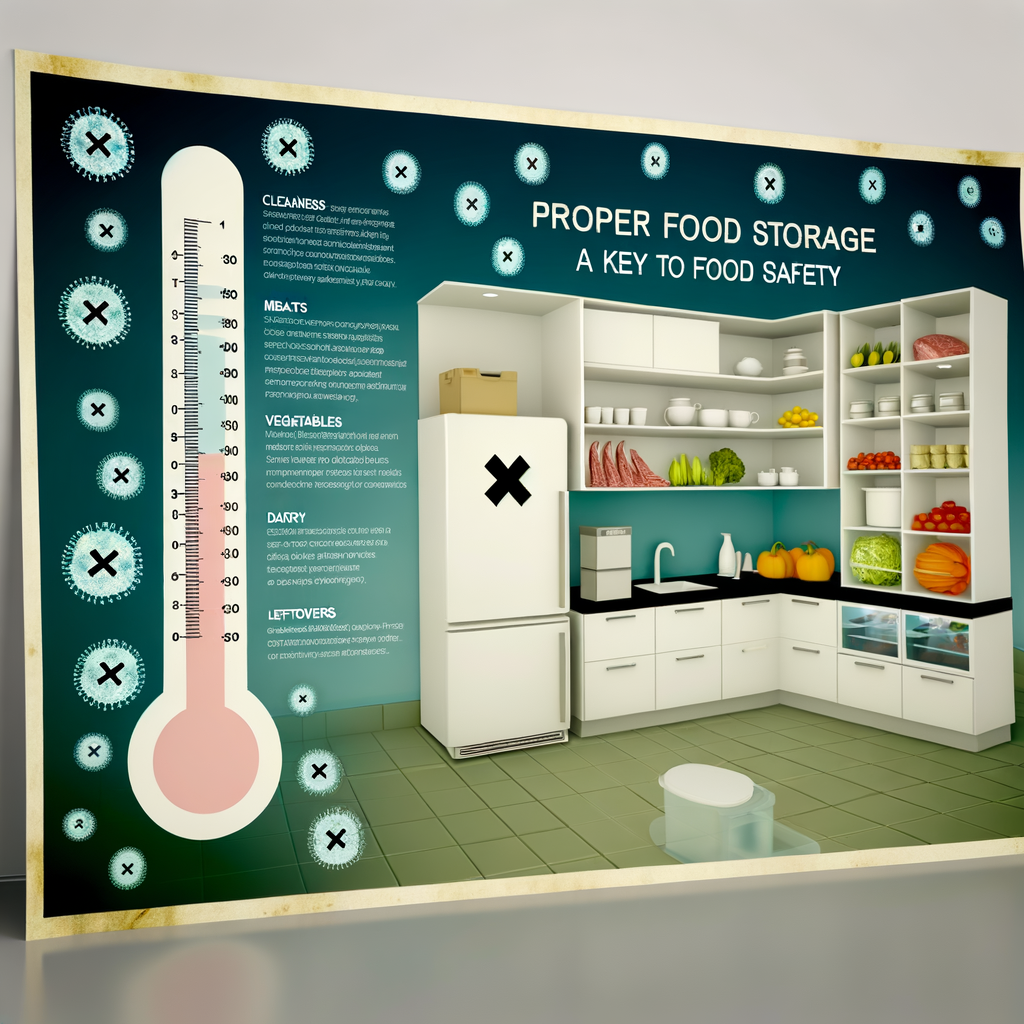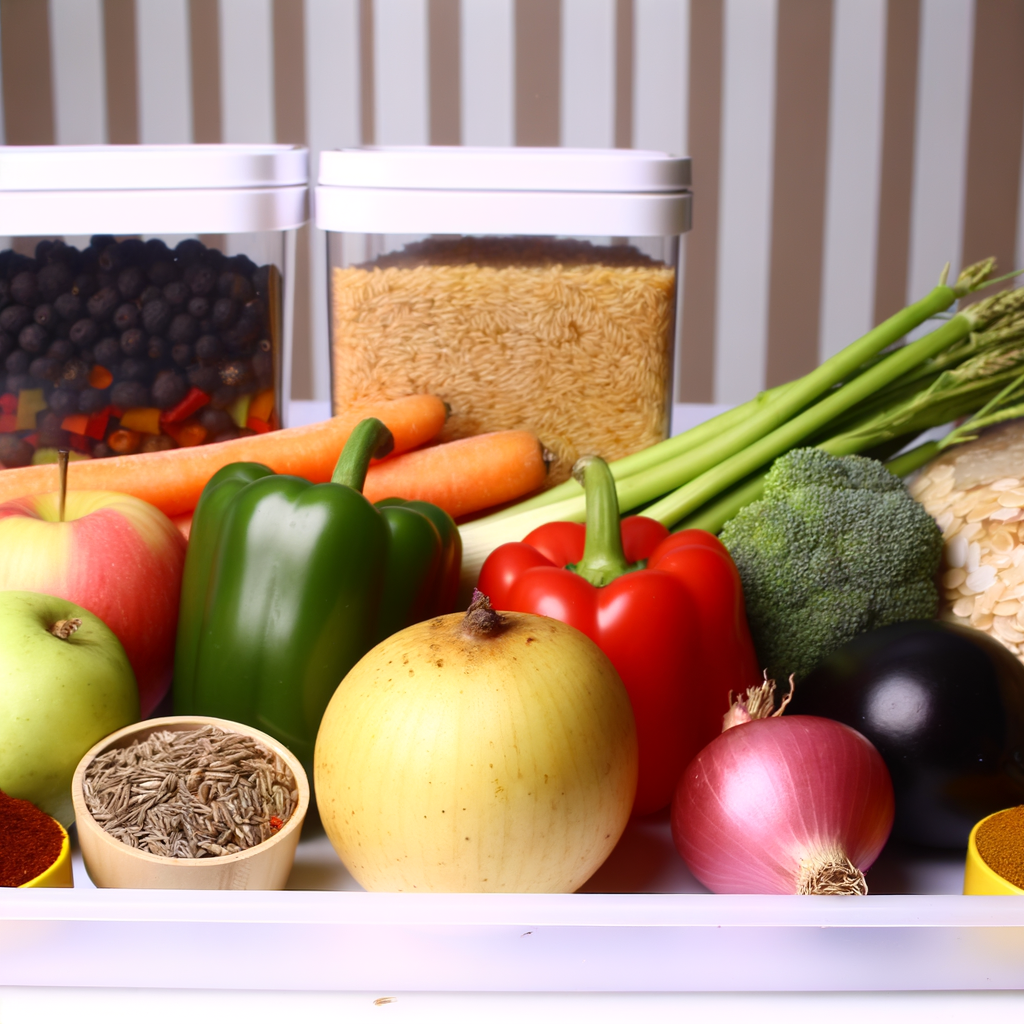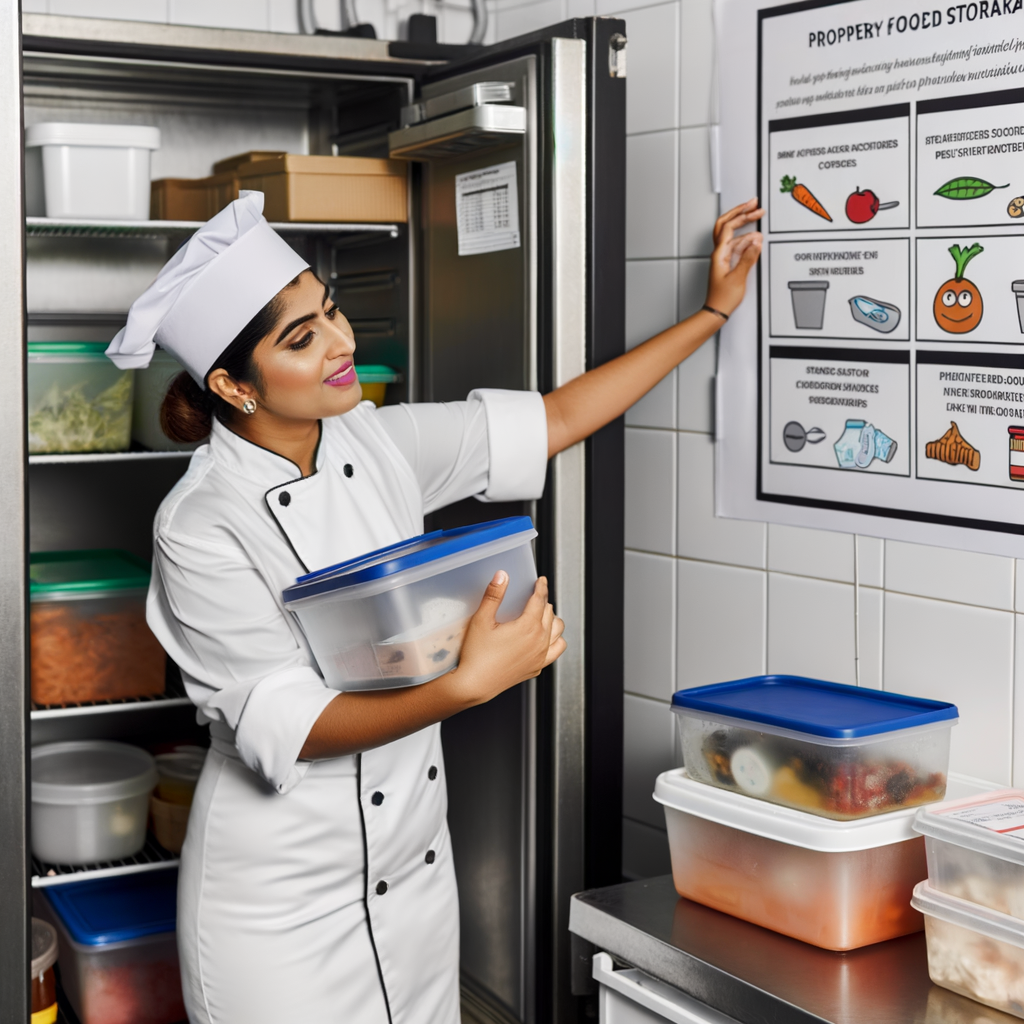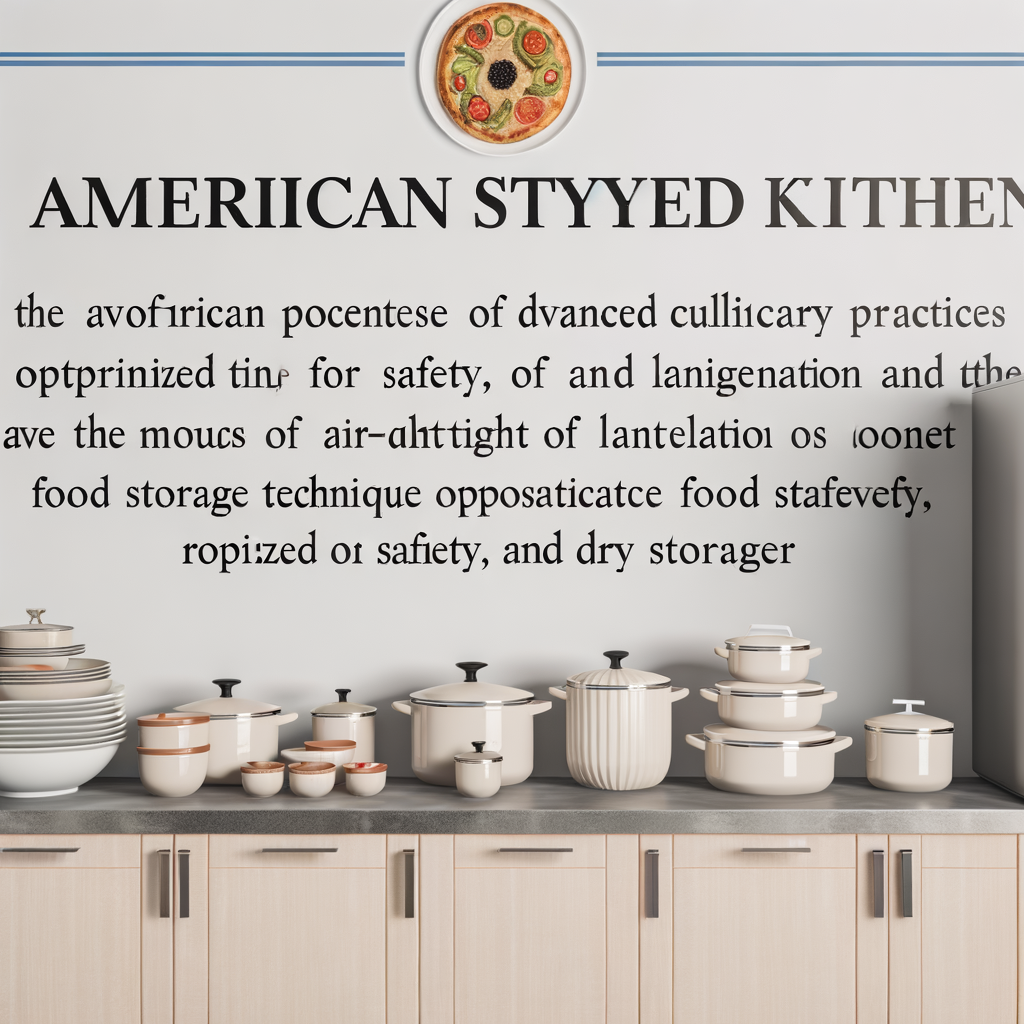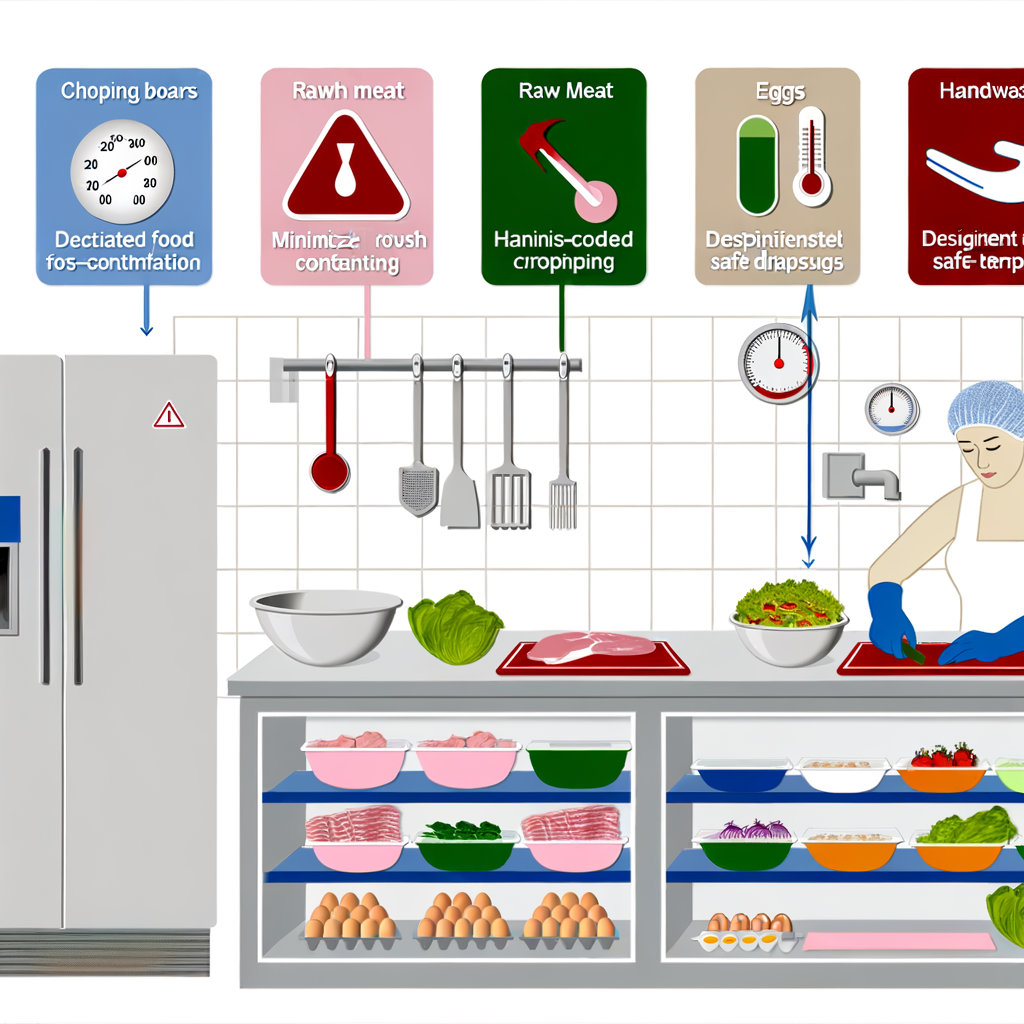Ensuring food safety is a crucial aspect of any kitchen, and proper storage is a key component of this. In Europe, where food culture is diverse and vibrant, it is important to understand the best practices for storing food to prevent contamination and spoilage.
Proper storage starts with keeping food at the right temperature. Perishable items, such as meat and dairy products, should be stored in the refrigerator at a temperature between 0-5 degrees Celsius. This prevents bacteria from growing and keeps food fresh for longer. Dry goods, such as flour and grains, should be kept in a cool, dry place to prevent moisture and pests from ruining them.
Another important aspect of proper storage is using airtight containers. This not only keeps food fresh, but also prevents cross-contamination. For example, raw meat should always be stored separately from other foods to avoid the spread of harmful bacteria. Airtight containers also help to keep out insects and pests, which can contaminate food and make it unsafe to eat.
Labeling and rotation is also key in proper storage. By labeling food with the date it was stored, you can easily track when it needs to be used by. This ensures that food is consumed before it spoils. Additionally, regularly rotating food items in your pantry and refrigerator can help prevent food waste and save money.
In conclusion, proper storage is essential for food safety in Europe. By following these simple guidelines, you can ensure that the food you serve to your family and guests is not only delicious, but also safe to eat. Let’s continue to pass on the rich and diverse food culture of Europe by practicing proper storage techniques.

